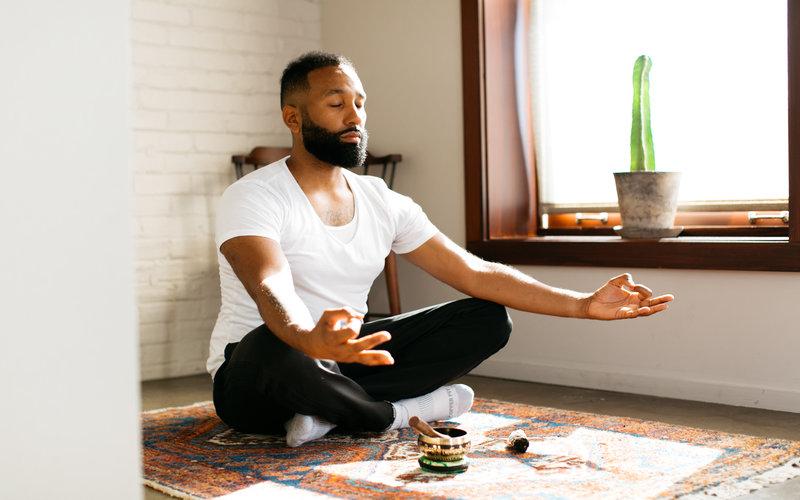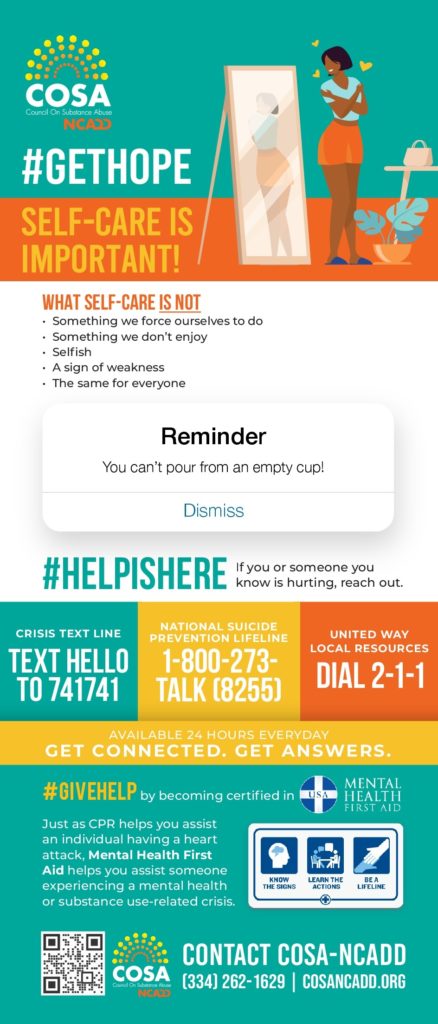Self-Care
Self-care techniques and general lifestyle changes can help manage the symptoms of many mental health problems. They may also help prevent some problems from developing or getting worse. Here are some tips for looking after yourself that you might find helpful.
If these work well for you then you may find you don’t need any formal treatment. However, it’s important to remember that there is unlikely to be an instant solution. Recovering from a mental health problem is likely to take time, energy and work.
- Stay aware of your mental health
- Tell people what helps. If certain treatments have helped in the past, tell your doctor. Let your friends and family know how they can support you, whether it’s listening to you when you’re having a bad day, helping you keep on top of your commitments, or being aware of your triggers (things that set off your difficult feelings or behaviours, or make them worse).
- Spot your early warning signs. If you can, try to be aware of how you’re feeling, and watch out for any signs you might be becoming unwell. These will be individual to you, but it can be useful to reflect on what these may be so you can get support as soon as possible.
- Keep a mood diary. Tracking your moods can help you to work out what makes you feel better or worse. You can then take steps to avoid, change or prepare for difficult situations. You can create your own mood diary or find one online – there are many freely available on the internet and as apps for your phone.
- Build your self-esteem. Taking steps to increase your self-esteem can help you to feel more confident and able to cope
- Nourish your social life
- Feeling connected to other people is important. It can help you to feel valued and confident about yourself, and can give you a different perspective on things. If you can, try to spend some time connecting with friends and family – even a text or phone call can make a difference.
- If you don’t have supportive friends and family around you and are feeling isolated, there are other ways you can make connections. For example, you could try going to community events where you might have some interests or experiences in common with other people there, or joining a group like a local book club or sports team.
- Try Peer Support
- When you experience a mental health problem it can feel like no one understands. Peer support brings together people who’ve had similar experiences to support each other. This can offer many benefits, such as:
- Feeling accepted for who you are
- Increased self-confidence
- Meeting new people and using your experiences to help others
- Finding out new information and places for support
- Challenging stigma and discrimination
- When you experience a mental health problem it can feel like no one understands. Peer support brings together people who’ve had similar experiences to support each other. This can offer many benefits, such as:
- Make Time for Therapeutic Activity
- Relaxation
- Mindfulness
- Getting into nature
- Look after your physical health
- Get enough sleep
- Keep physically active
- Eat healthily
- Avoid drugs and alcohol
- Make time for personal care



